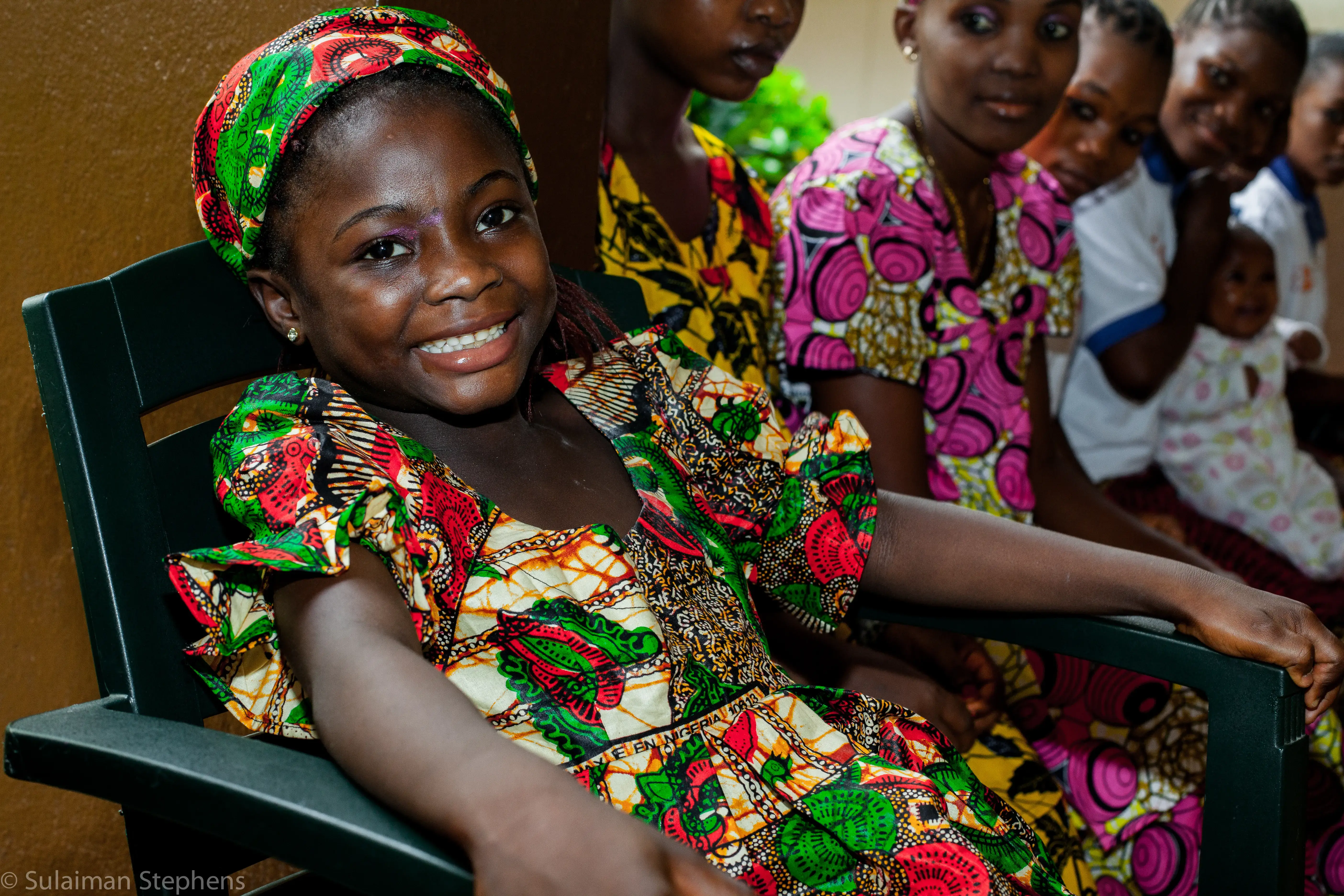In 2011, the United Nations General Assembly passed a resolution adopting 11 October as the International Day of the Girl Child, recognizing girls’ rights and the unique challenges girls face around the world.
This year, the theme of the day is EmPOWER Girls: Before, during and after crises. "Because of entrenched gender inequalities, disasters and conflict can make a bad situation even worse for girls," said UNFPA Executive Director Dr. Natalia Kanem, in a statement marking the occasion.
"They and their families, struggling to survive, are left with few choices, leaving girls even more vulnerable to child marriage, sexual- and gender-based violence, including trafficking, rape and sexual slavery. They are faced with the cruel reality of heightened risks to their sexual and reproductive health and diminished access to critical health care."
Even so, Dr. Kanem noted, "many girls manage to play a critical role in their homes and communities, even in crises. They are often the first responders who care for their families and establish networks that produce the social capital and resilience communities need to survive."
UNFPA works to protect the health and rights of adolescent girls through comprehensive sexuality education; access to sexual and reproductive health counselling, information and services; and through encouraging girls' empowerment and participation in decisions affecting them. UNFPA also works with boys and men to advance gender equality, and to encourage the abandonment of harmful stereotypes, the embrace respectful, healthy relationships, and support for human rights of all people, everywhere.
Floods and landslides
In Sierra Leone, according to a report from the United Nations following the floods and landslides which occurred in August 2017, over 500 deaths were confirmed, and 810 people reported missing. Nearly 2,000 households were affected, including hundreds of pregnant and breastfeeding women, whose health and hygiene needs can be often overlooked in disaster settings.
UNFPA in Sierra Leone is continuing to help to meet the needs of women and girls affected by the disaster. With its partners, including the Planned Parenthood Association of Sierra Leone, UNFPA continues to support access to quality maternal health services for registered pregnant women among the affected populations. To date, UNFPA has provided this service to 143 pregnant women. So far 127 mama and baby kits were also distributed to the pregnant women who received the antenatal check-ups.
UNFPA has also distributed over 1,000 dignity kits, which contain essential personal items such as sanitary pads, underwear, cloth wraps, soap, toothbrushes, a torch, as well as family planning brochures. The kits ensure women and girls maintain a sense of dignity at a time when they need it most.


